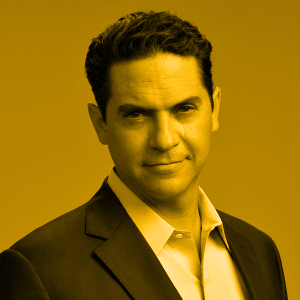In this blog, we feature insights into why you shouldn’t be a lawyer and a lender.
How does your firm pay for case disbursements? Do you use the after-tax dollars you’ve earned from previous cases to cover the necessary disbursements for current cases?
Many law firms unintentionally hamper their ability to grow through the practice of self-financing their case costs, using their earnings from previous cases to pay for current cases. However, this is not an efficient use of your after-tax dollars and reduces the firm’s ability to invest in growth initiatives such as hiring, marketing, or operations improvements.
As a law firm growth consultant, Chad Dudley — Managing Partner of Dudley DeBosier Injury Lawyers — has seen firsthand the crippling effects self-financing case costs can have on growing law firms. To learn more about why you shouldn’t be a lawyer and a lender, watch the webinar short below.
Financing Solutions Tailored to Your Law Firm's Needs
Discover how leading contingency fee law firms are succeeding with financing solutions from Esquire Bank. Learn how your law firm can leverage its contingent case inventory to gain access to capital so you can invest in key business areas and drive sustainable law firm growth.
Meet with Esquire Bank
Continue Reading
- Life Cycle Stage: Aware
- Content Tier: silver
- Content Type: webinar-short







